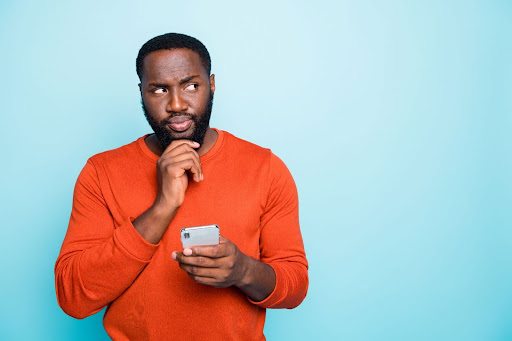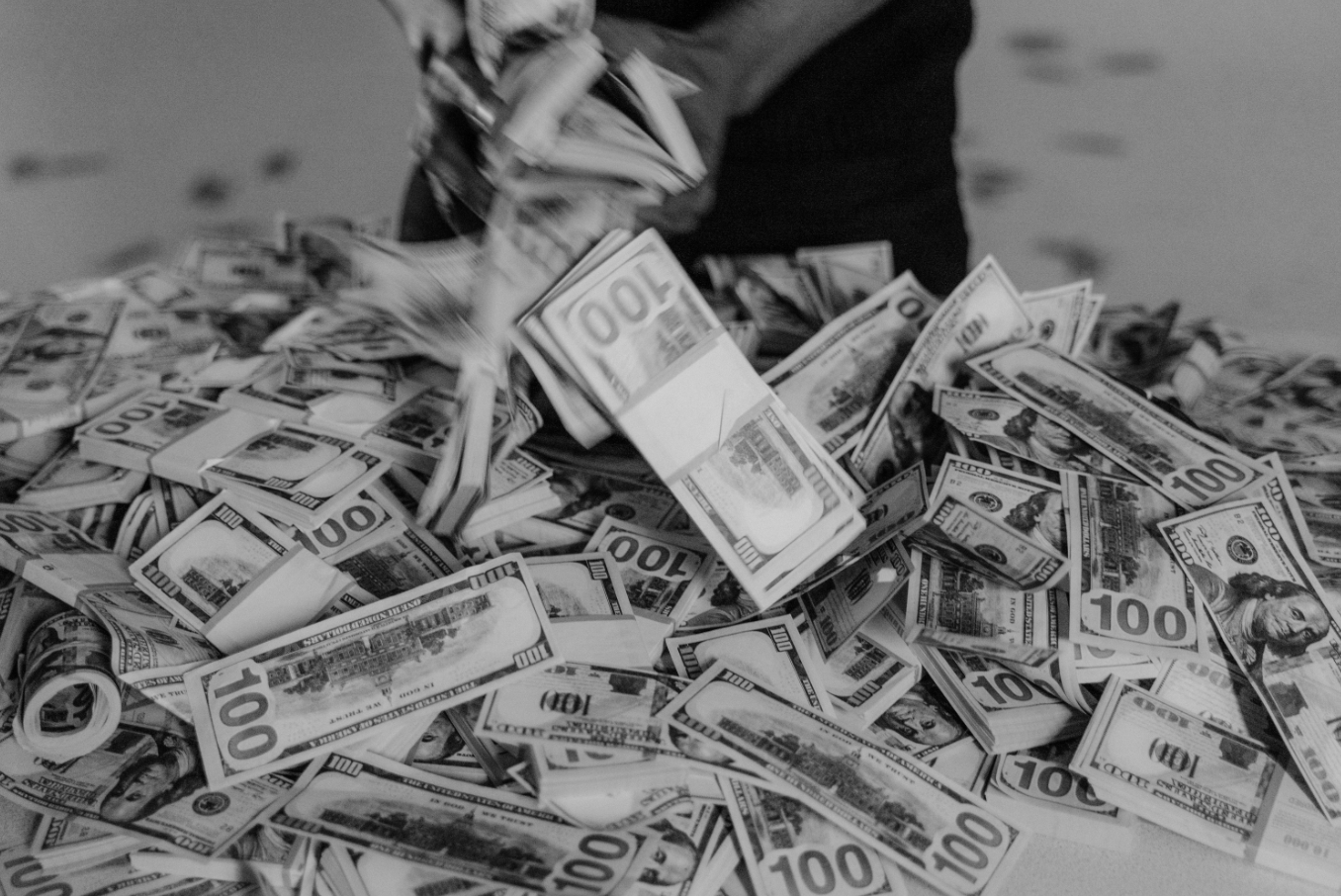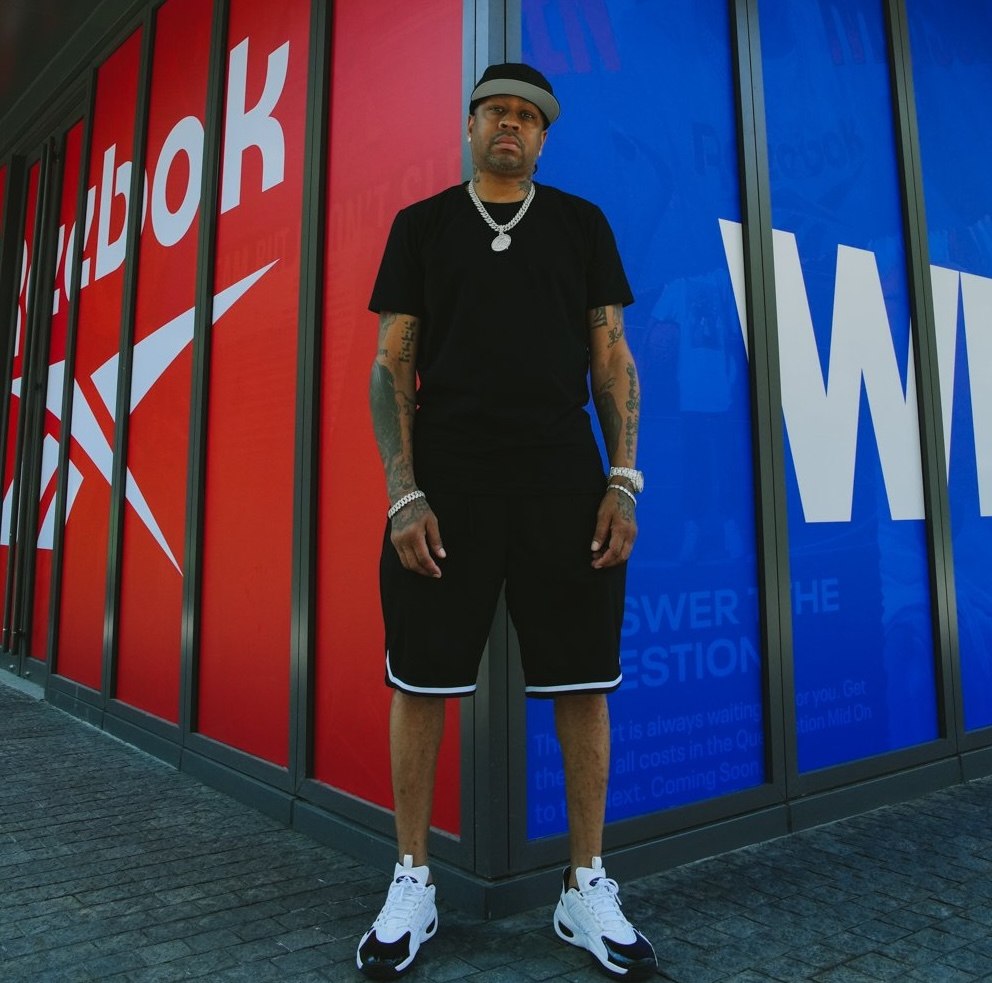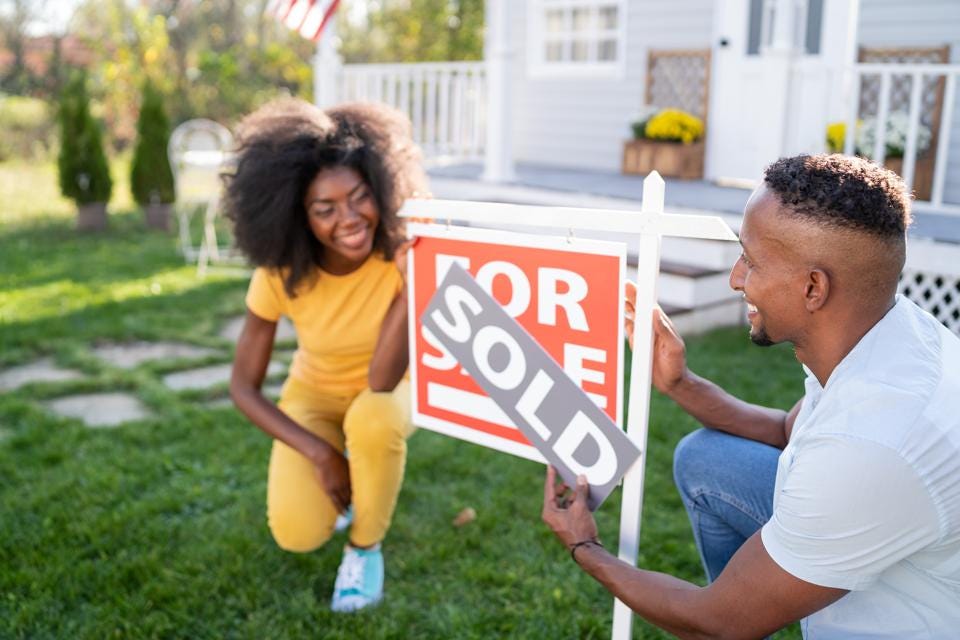By Jeanette Brown
- ChatGPT and Google’s Bard responded to medical questions with a range of misconceptions and falsehoods about Black patients
- Artificial intelligence in the healthcare market continues to grow in size and scope, while expected to reach $102.7B by 2028
We can agree that all of humanity stands to gain if AI provides accurate and unbiased healthcare solutions, ultimately unlocking new ways to detect and fight disease. However, a recent Stanford study revealed ChatGPT and Google’s Bard answer medical questions with racist, debunked theories that harm Black patients. These tools have proven effective in business by reducing operational costs and increasing efficiencies, but also have the potential to worsen health disparities for African Americans.
Why This Matters: Artificial intelligence in the healthcare market continues to grow in size and scope, while expected to reach $102.7 billion by 2028. Its increased adoption in healthcare may have given those most affected by differences in treatment, hope for a more equitable system due to a science-based approach and analysis replacing human biases. Nevertheless, if the “science” is framed using social theory where categorizing people (including oneself) into ingroups or outgroups affects perceptions, attitudes, and behavior. These inequities will persist and be amplified by the influencers leveraging the same tools to develop digital content for their followers.
With ChatGPT’s 1-year anniversary coming up, along with 1.7 billion users and a possible $86 billion valuation on the horizon, the way healthcare incorporates more of its AI concepts needs to be closely monitored. Especially, when you consider that Some hospitals and healthcare systems are turning to artificial intelligence to help summarize doctors’ notes while analyzing health records.
Earlier this year, a study out of Hall & Partners found that TikTok was increasingly becoming the top place where Gen Z and millennials sought health advice instead of seeing a doctor. More than 10,000 people over 18 globally were surveyed, revealing that nearly 18% of the U.S. population, or some 59 million people, were turning to social media influencers with huge followings on TikTok and Instagram for healthcare information and even guidance in dealing with chronic conditions.
Situational Awareness: More than two years ago, the U.S. Center for Disease Control and Prevention declared racism a public health threat. Specifically, it noted a study which examined how pervasive racial and ethnic disparities are in the U.S. The findings were so alarming that one researcher deemed the inequalities a rule in the U.S. and not an exception.
CBX Vibe: “Lyrical Eazy” Rick Ross & Meek Mill









